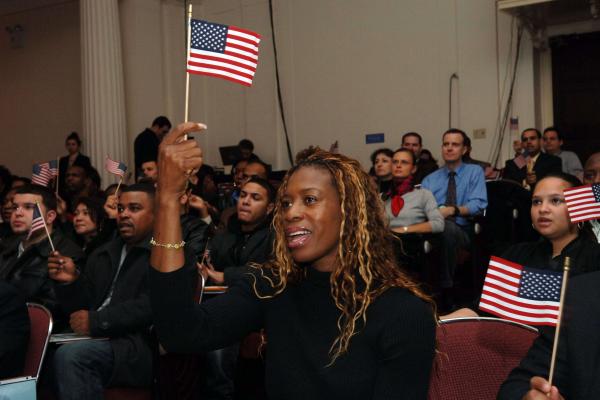Oct 31, 2022
The message of assimilation makes me uncomfortable because it requires me to celebrate the loss of other people’s culture, traditions, and languages in order to alleviate the fears that white people, including Christians, might have about a diverse society where their position as power brokers of society may be threatened. It is akin to saying, “White Christians, please do not fear immigrants because they, too, will submit to white supremacy and blend into it as best as they can, even with their non-white skin and features.”
Read the Full Article

Already a subscriber? Login
